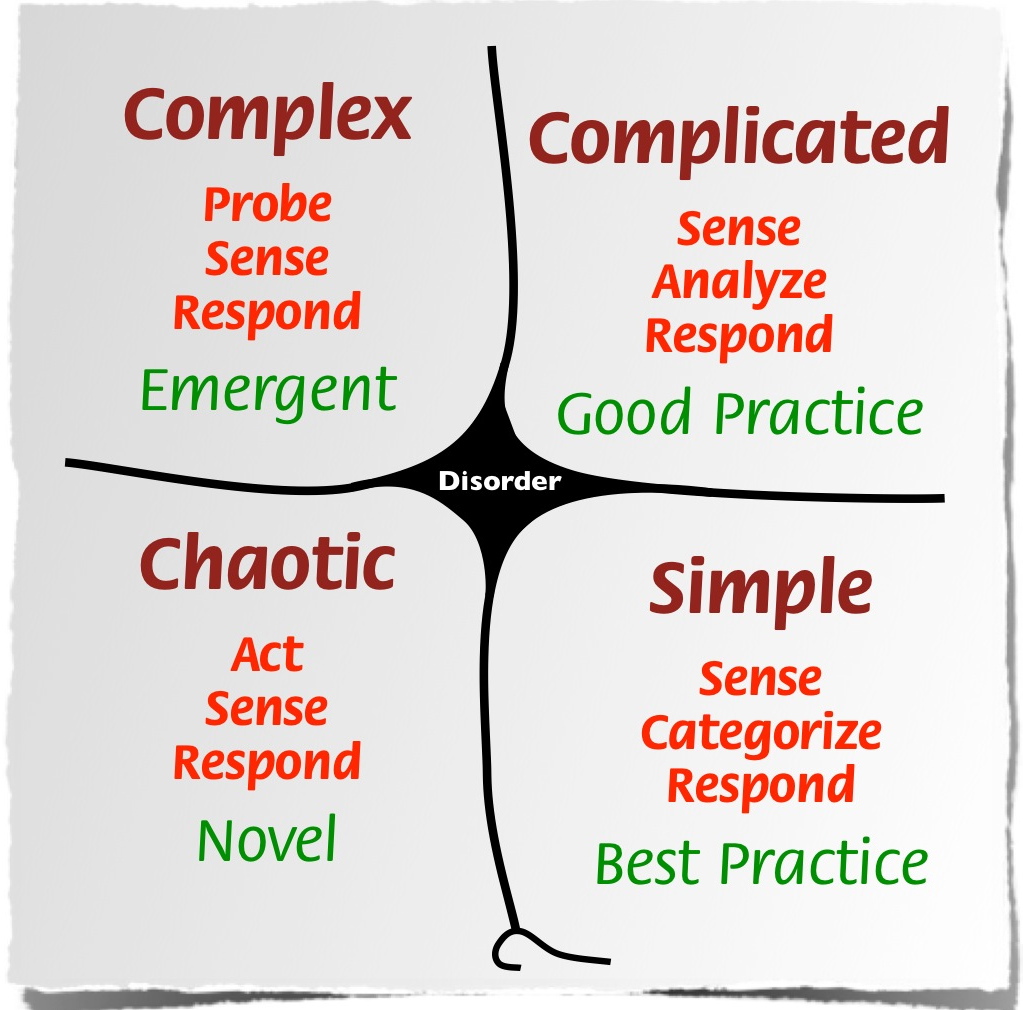Community of Schools’ (CoSs) leadership
Throwing money and hoping for success? By Linda Bendikson
Improve learning outcomes by having successful teachers and Principals share their knowledge across schools.
Leaders need to engender trust and confidence.
On the job competence - identify problems and find solutions
Start with smaller problems to build up accomplishment. the people who did the work need to take on the goal as their personal goal.
School -
What is impeding learning?
Need data literacy to discover the answer.
Why does the process fail in schools sometimes?
- Leader is not tunnel-visioned (trying to take on to many goals)
- Leaders do not measure immediate outcomes and provide feedback
- Leaders do not sustain their involvement (they slowly drift away)
confidence in ones own knowledge of the process
courage to take a strong lead
ability to inspire others to act in a timely way
HOLDING OTHERS ACCOUNTABLE
We are all in this together!!
Leading in collaborative, complex education systems
Commissioned paper for New Zealand Education Council - Matatū Aotearoa Jane Gilbert AUT University August 2015
System wide change has to come from within the system. not from the top down. For the modern world a new approach is needed, not just a change in vocabulary.
Complex Thinking
Previously educational thinking was 'scientific thinking'. Each part was the part of a machine and interconnected and linear. There was stability, predictability and certainty. Systems were a closed circuit.
On the other hand complex thinking is about the system. These systems adapt quickly to changing conditions (like a flock of birds flying). Small changes to the system can have big effects and big changes can have little effects.
Leading in Complexity
(Snowden & Boone 2007) Before making a plan in any given situation you need to decide whether the situation is simple, complicated, complex or chaotic;
- simple - follows a pattern/sequence; occurs regularly and can be responded to by formulas.
- complicated - also reliable and predictive, but no one knows why - data must be collected and analysed. Once experts are agree a formula can be developed and followed
- complex - the realm of the unknown. Nothing is predictable or reliable. Complex systems cant be controlled but can be steered towards a vision. The most useful thing is the noticing of the emergence of new patterns. 'One-size fits all solutions most likely won't work

Snowden’s Cynefin Framework
Leading in a Complex Education System:
Important things; collaboration, secure trusting reationships
BUT the most important is a commitment to moving forward together
leaders should not have any ideas as to an ideal solution, all ideas are to be put forward
BUT the most important is a commitment to moving forward together
leaders should not have any ideas as to an ideal solution, all ideas are to be put forward
Think-piece on leadership education in New Zealand
By Dr. Jan Robertson
Effective Educational Leaders;
- self-aware
- think deep about their practice
- system leaders (care about students at the school down the road as much as those at their own school
- are partners in realationships
- emotionally, socially culturally and cognitively intelligent and responsive - see importance in developing those around them
- creative, informed thinkers
- confident and intentional
- digitally competent
- comfortable with being outside their comfort zone
Coaching leadership and potential in others is a facilitative practice which is based on collaboration, the sharing of ideas, focused on the creation of knowledge. Leaders need to know how to learn from their own practice with and from others
Networked Leadership
By Derek Wenmoth
School leadership is recognised as a priority area in many countries. Since 2011 NZ has had the National Aspiring Principals Programme. Australia have chosen a more systematic approach with the opening of the Australian Institute for Teaching and School Leadership.
- Challenges in NZ schools:
- competition between schools
- hierarchical approach to school leadership
- lack of accountability in current leadership development programmes
- lack of leadership development pathways
- lack of rigor around entry to leadership programmes
A educational community is an ecology rather than a structure that can be owned or managed.
The onus must be on the leader. No amount of coercion will make a community operate, no matter the structural planning and thinking.
Key Principals that will increase the likelihood of success;
a set of well researched professional standards for leaders
theory and practice are linked to professional standards
design programmes of support and engagment
build support around coaches and mentors
allow the community to grown through through fluidity
provide tools to measure the programmes effectiveness
provide a range of blended learning programmes
robust, modern learning environment within which interactions and discourse can happen
Leaders need to;
Leaders need to;
- change thinking
- change behaviour
- change system
EDUCATIONAL LEADERSHIP FOR TOMORROW
Mason Durie
Leadership should be - inclusive, strategic and collabrative
INCLUSIVE - leaders are aware of the inter-relationship they have with others, others success leads to their success
STRATEGIC - a knowledge of what needs to change and the ability to manage change
COLLABORATION - knowledge of the power of collaboration
Leaders for Learners - are enthused with the vision of learning for a community and everyone is involved, their first priority is learners of the community (not of a particular school), recognise the value of whanau, form alliances between schools, aware of community needs so appropriate opportunities are offered.
"Strategic leaders want learners to be ready for change and to acquire new ways
of gaining and processing knowledge".